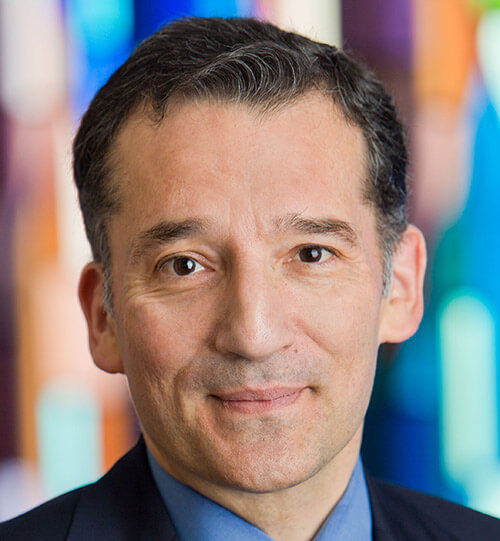We have gathered rabbis, theologians, and medical leaders to transform this potentially difficult conversation into one of deep engagement, insight and empowerment that everyone can be a part of. We welcome you to invite friends and family to fill a table. Whether you are a Jewish insider, on the margins or Jewish-adjacent, we welcome you to tap into some age-old Jewish wisdom around grieving and ritual, living and dying.
To bring the project to your larger community, visit our partner page we have ample resources and materials to help make that happen.
What to jump right in with our DIY Toolkit and DOD-JE Conversation Cards? Use the link below for our tried and tested resources, along with individualized tools for specific communities (LGBTQ, interfaith, and more)!
How death came to dinner
A couple of years ago at a REBOOT summit in the beautiful mountains of Park City Utah, we (Michael Hebb and Sharon Brous) sat down for a drink. Michael shared the story of a mysterious and unfamiliar feeling of connectedness he experienced the moment of his father’s death when he was a child, and Sharon, a rabbi, said that she had heard many such inexplicable stories from congregants and friends in moments of loss. Michael spoke about the project of his life – a collaboration with his partner Angel Grant – www.DeathOverDinner.org – an effort to facilitate conversations about death… over dinner. After launching the website in 2012, nearly 250,000 death dinners had already taken place across the world, empowering people – young and old, healthy and ill – to talk about the most important and difficult topic – death.
We talked for hours about the desperate need to speak frankly and soulfully about death, and the great void in our lives when this conversation is left until it’s too late. We both agreed that Jewish resources on death and dying were not easy to come by, and it was all too rare to find opportunities to talk about Jewish approaches to end of life matters, Jewish tools to hold grief and the survival of the soul.
The next day, we convened a session to see if others were as interested in this topic as we were. Participants filled the room, tears filled all of our eyes, and we collectively agreed that we needed to do something to help make it easier to have this critical conversation.
We and our team have spent the past year speaking with rabbis, theologians, doctors and palliative care experts, and curating the finest materials we could get our hands on for folks to read, watch and listen in preparation for their dinners. We thought about the best prompts from the Jewish tradition – Talmudic texts, Rabbinic wisdom, song lyrics and poetry – that would open up the conversation at the table. We designed this site to be the beginning of a conversation, not the end. We hope that your dinner will only open you up to deeper learning and engagement.
Why the dinner table? We have found that the dinner table is one of the most forgiving places for difficult conversations. The ritual of breaking bread slows us down, creates warmth and connection, and puts us in touch with our humanity.
So we raise a generous glass to you and your loved ones and humbly submit Death Over Dinner- Jewish Edition, a collaboration between Death Over Dinner, IKAR and Reboot. It is our hope that this project helps change the conversation about how we prepare for and spend our final days, and inspires us to live with more intention and gratitude.
Michael Hebb and Rabbi Sharon Brous
Photos by George Barberis
Advisors
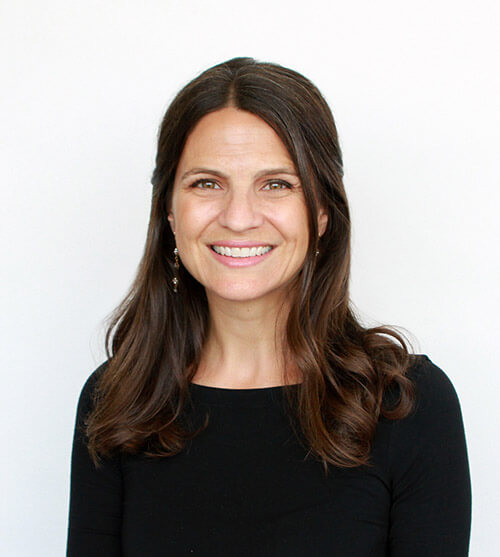
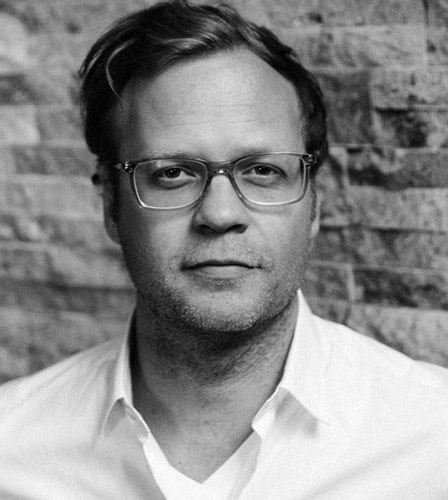
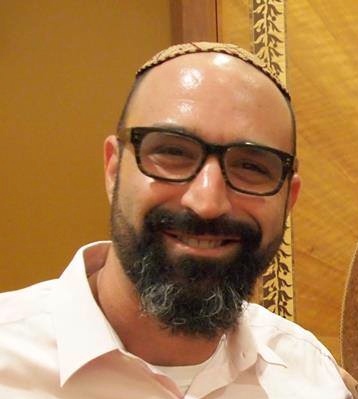
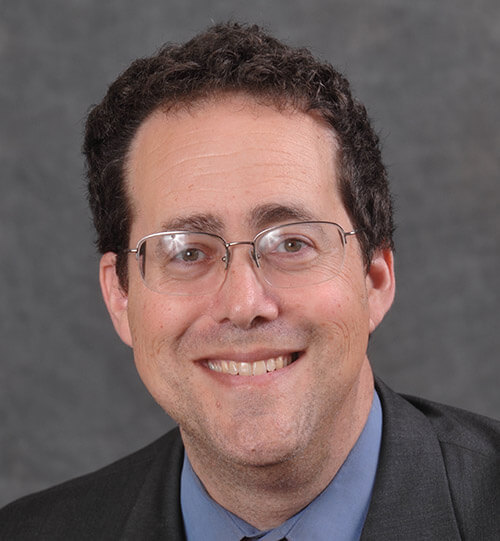
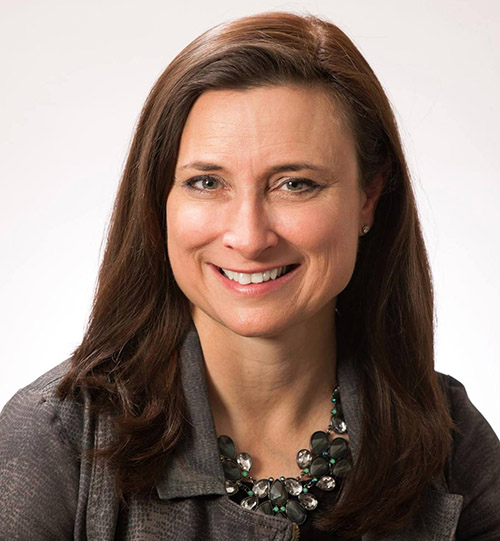
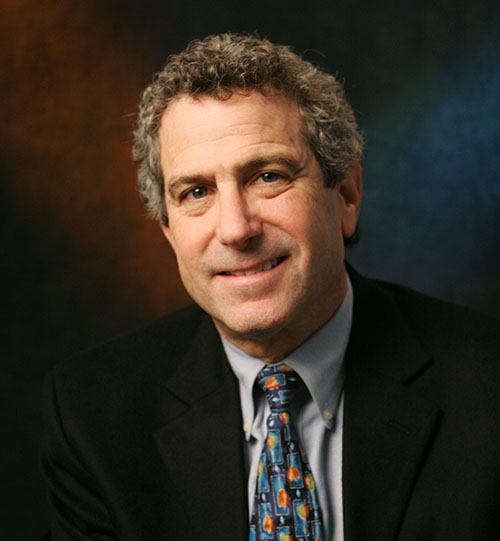
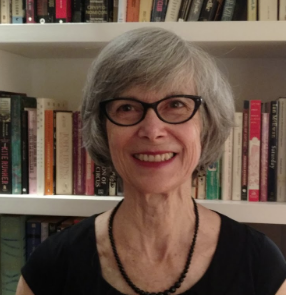
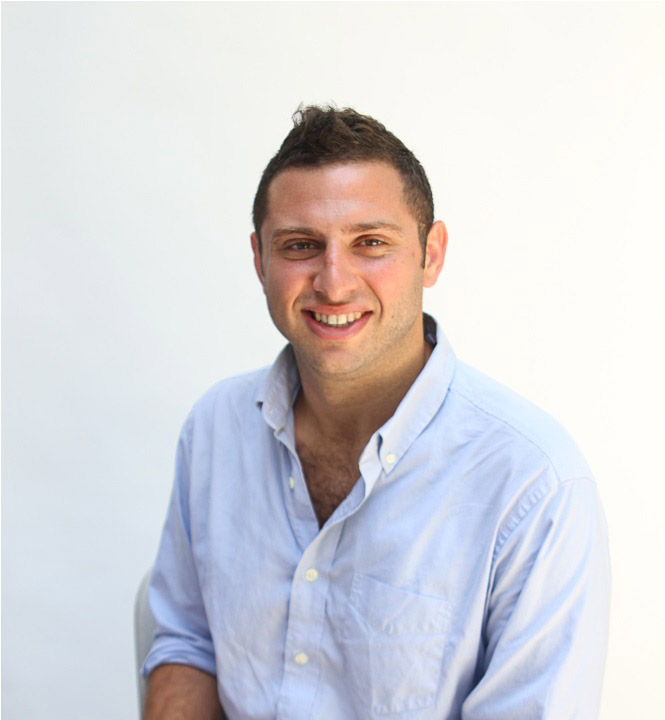
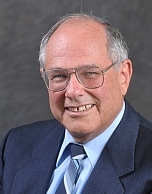
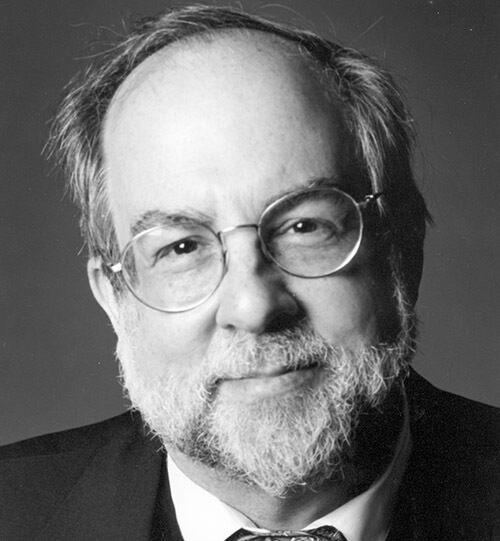
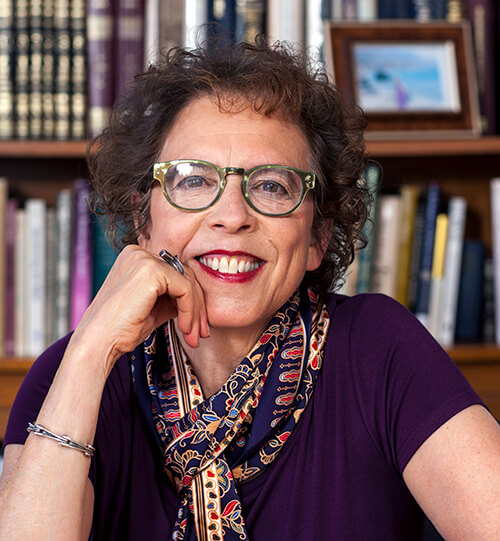
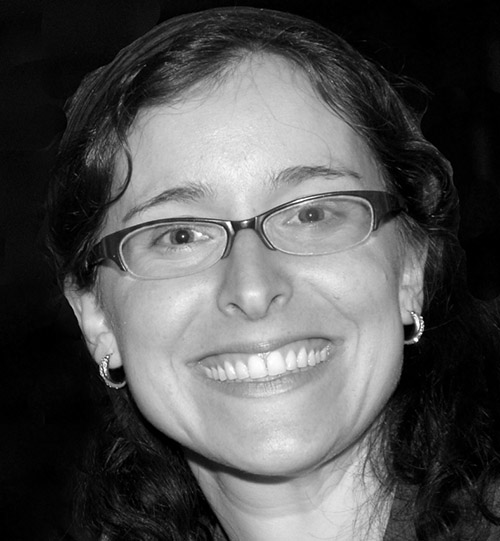
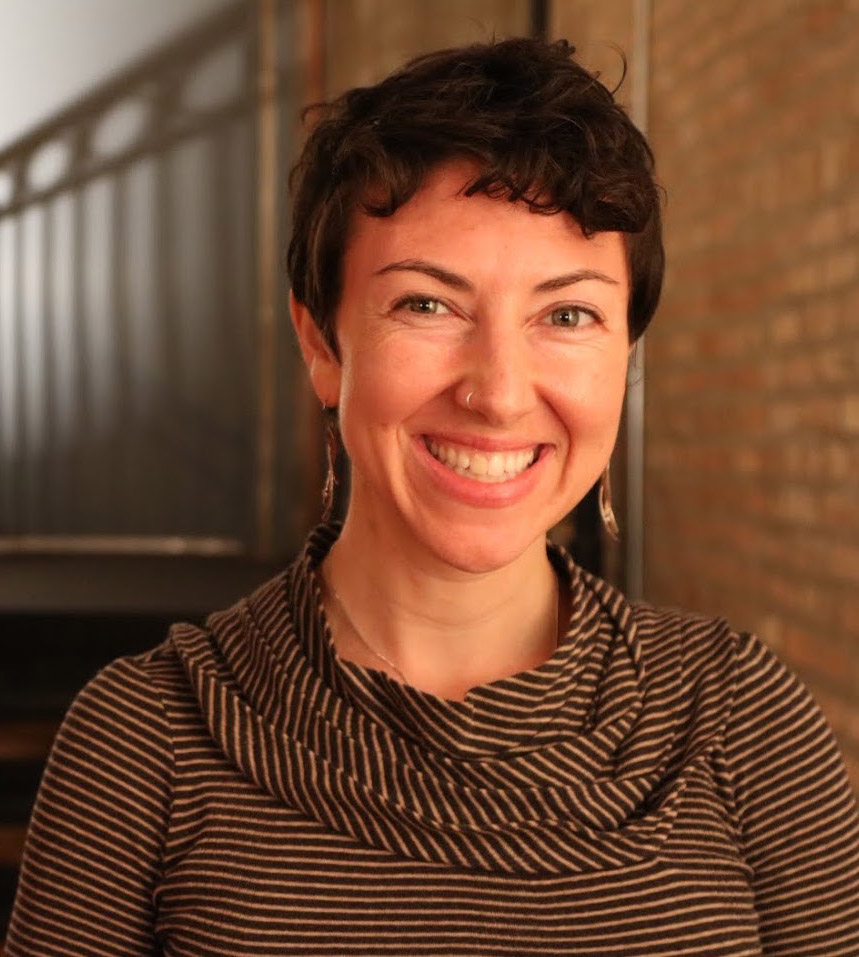
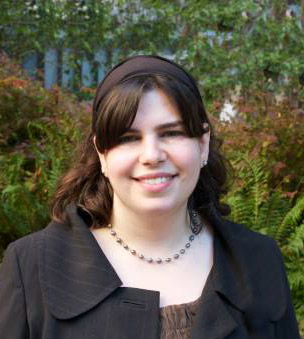
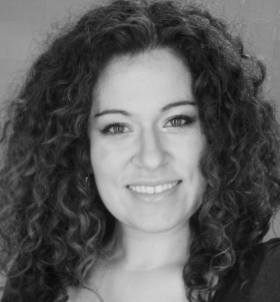
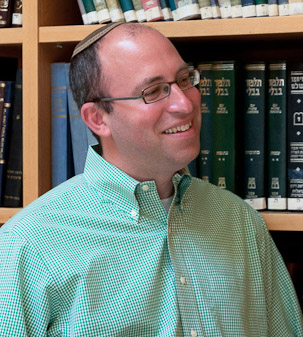
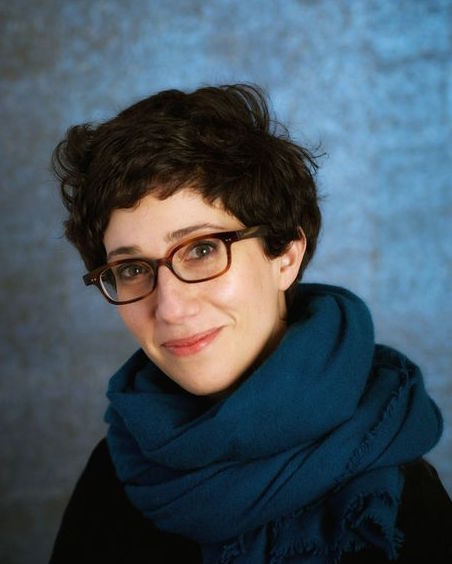
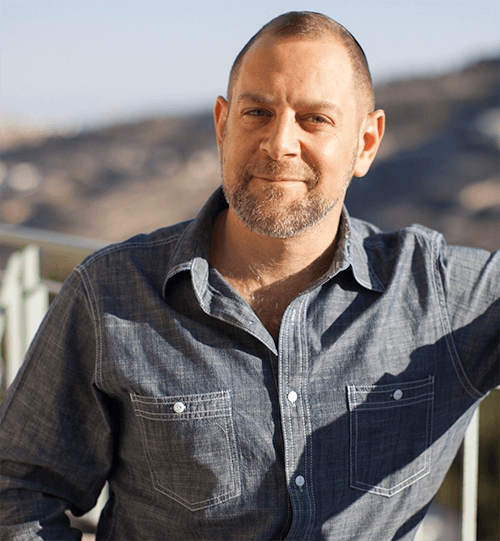
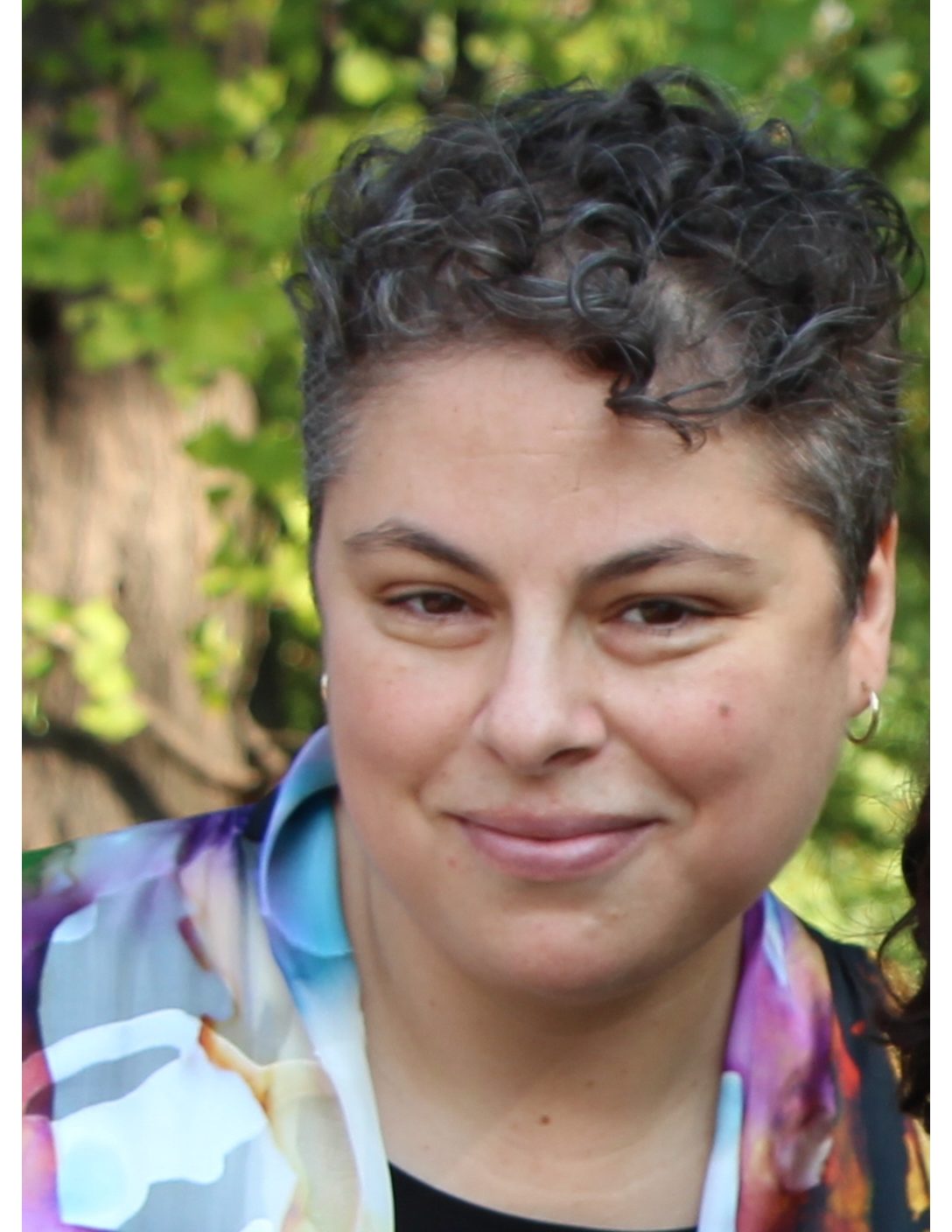
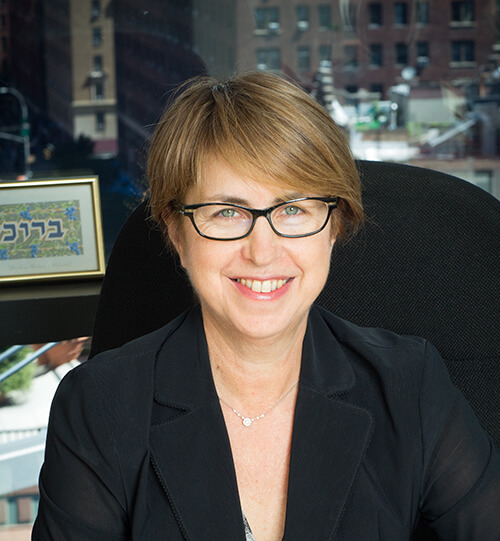
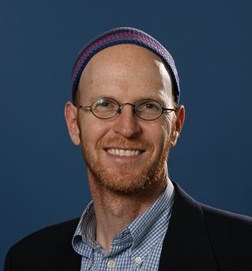
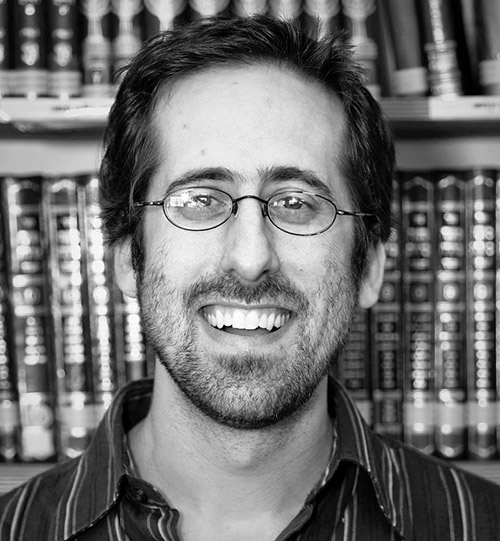
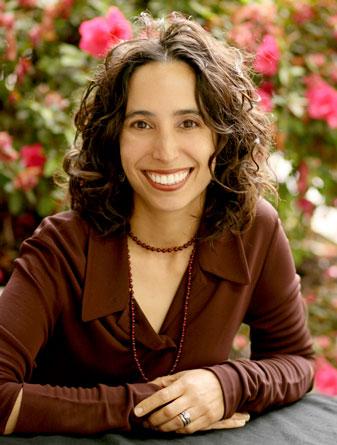
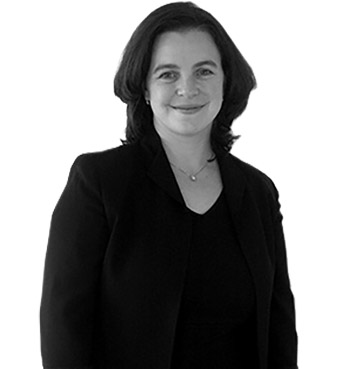
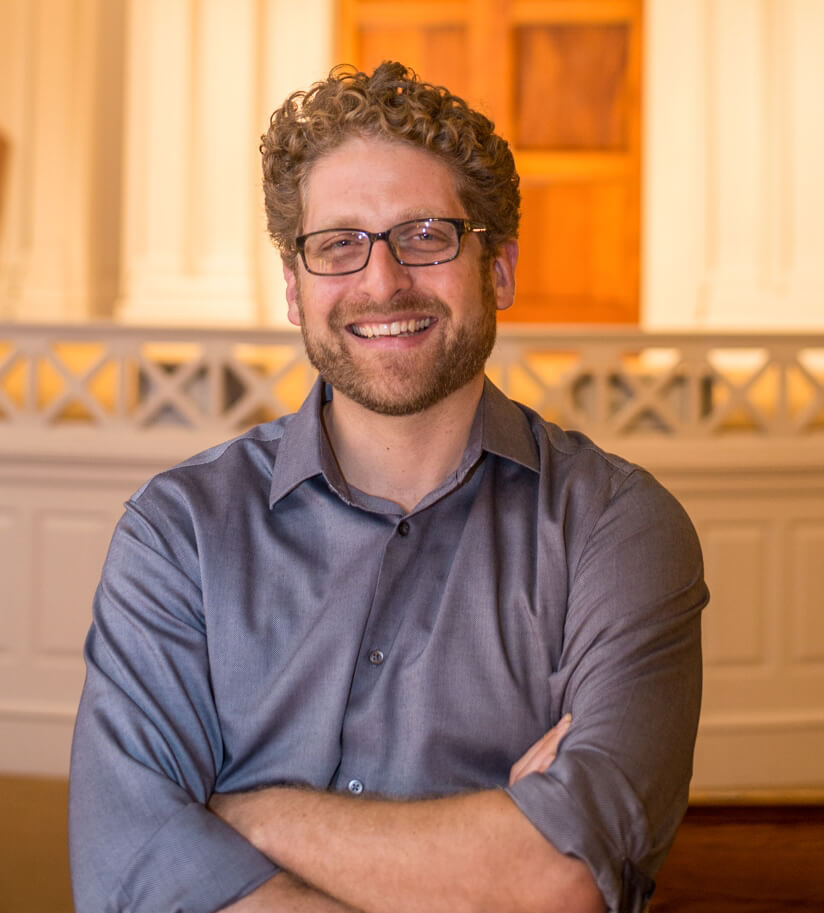
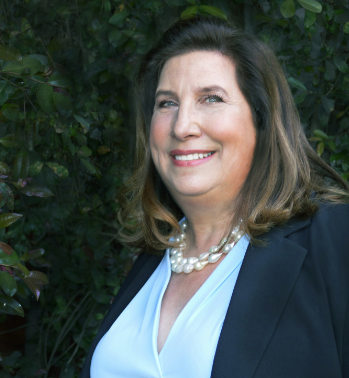
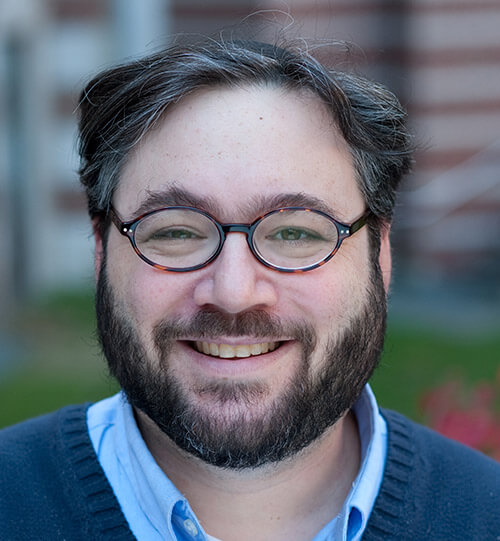
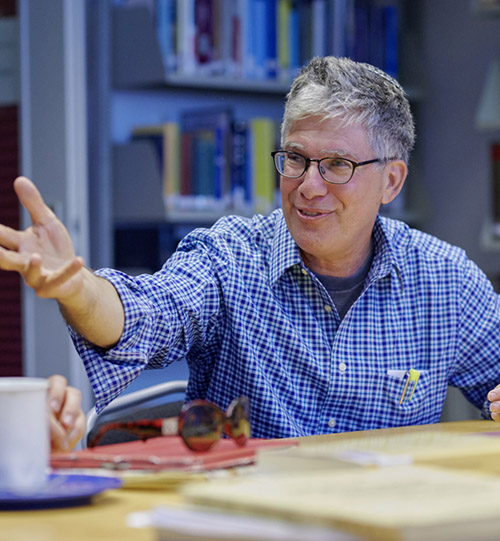
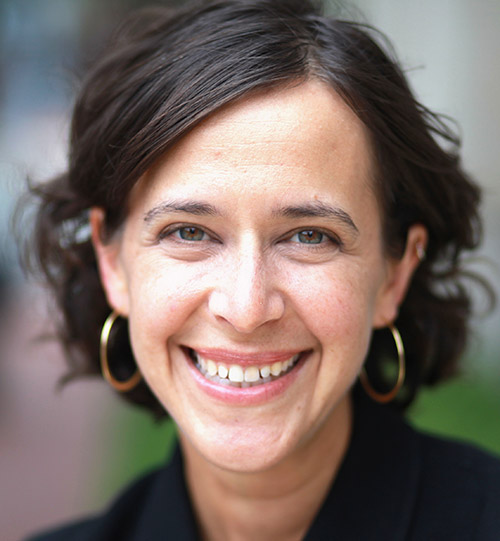
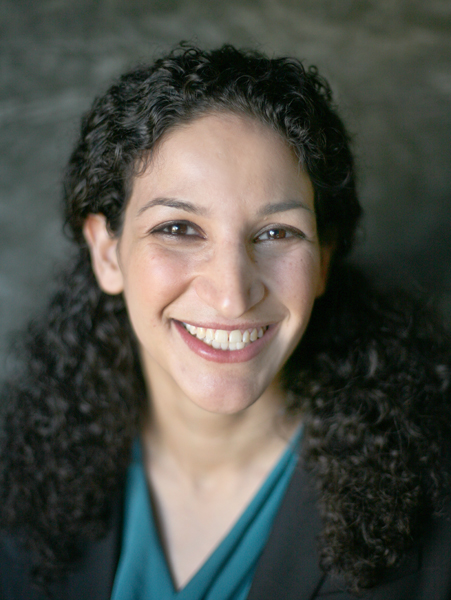
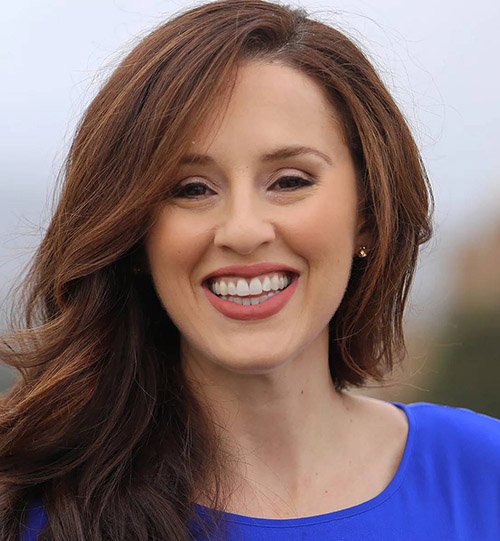
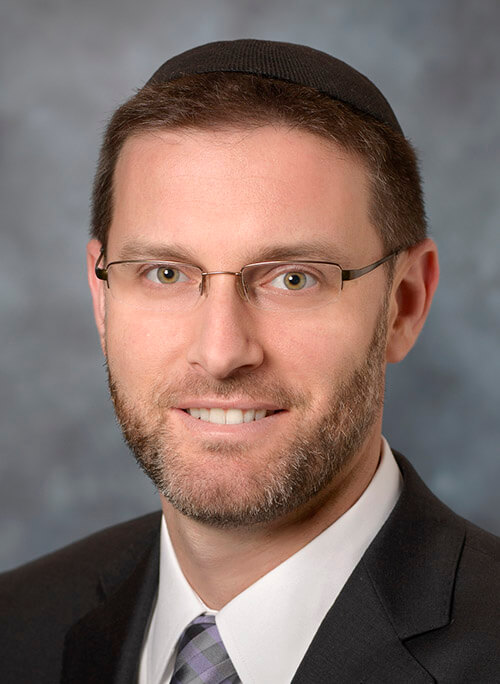
Library
-
Becoming a Friend to the End
The greatest kindness (hesed) we can offer is to participate in the burial process. But we can also bring holiness and comfort to someone approaching death. A story of an unlikely friendship.
-
In Search of a Good Death
In order to honor a dying person until the last moment, it helps to know what that process will look like. Jane Brody describes the potentially confusing final hours or days when a person is “actively dying”.
-
Jewish Burial Equals Green Burial
Each year, more than 90,000 tons of steel and over 2700 tons of copper and bronze are made into caskets. That’s enough metal to build a Golden Gate Bridge. But Jewish burial, like green burial, fosters returning to the earth as naturally as possible.
-
A Ritual to Remove a Wedding Ring
The process of removing a wedding ring after the death of a partner is a significant milestone in the journey of grief. This Jewish ritual draws on traditional liturgy to make that moment meaningful.
-
How Millennials Mourn
Was shiva ever meant to be sat alone? A twentysomething with no kids, no partner, and few adult obligations reflects on coping with parental loss without a conventional family structure in place.
-
Ghosts in the Machine
A profound and unanticipated side effect of technology is that death no longer obeys any laws of finality. Funneled through social media, death lingers longer than a traditional Jewish mourning period of 30 days or 11 months might prescribe.
-
Prayer at the Funeral of Someone Who Committed Suicide
When someone commits suicide, most people struggle to know what to say. Rabbi Joseph Meszler composed this prayer – the words we say when we have no words.
-
To Be Happier Start Thinking More About Your Death
Every year, Yom Kippur (the Day of Atonement) pushes us to consider, “What if this is it? Have I made the most of my time?” Like Buddhist death meditation, these questions can help us reconnect with our existential goals. Arthur Brooks asks, if we applied the “last-year test” to our lives, how much less time would we spend doing bupkes and how much more would we nurture relationships or nourish the soul?
-
Turn Into A Tree When You Die
From the earth we were created, and with these burial pods developed by Anna Citelli and Raoul Bretzel, to the earth we can truly return. You can even choose the type of tree your seed pod will nourish.
-
How Doctors Die
The Torah instructs us to “choose life.” But is that referring to quantity or quality? Ken Murray, MD shares why most doctors choose little end of life treatment for themselves, and are able to die gently.
-
Waking Up To Your World
When Rabbi Eliezer told his students to repent one day before they die, they asked the obvious question: “how do we know when that day is?” Of course, we never know how much time we have left to fulfill the potential of our precious human birth. Given this, Pema Chodron asks us to consider, what is most important?
-
The Bitter End
The students of Rabbi Judah the Prince desperately prayed that he should be stay alive, but a handmaid saw his suffering and intervened to help him die peacefully. Sometimes, as Jesse Ellison describes with her 92 year old grandmother, the most graceful thing one can do with death is accept it. But is this possible in America’s health care system?
-
Ten Commandments for the Caregiver
Rabbi Earl Grollman offers ten practical and compassionate commandments for concerned caregivers.
-
Reconsidering Kaddish: Four New Approaches to an Old Ritual
Esther Kustanowitz interviews four people who are adding their own spin to the traditional practice of reciting the Mourner’s Kaddish.
-
It’s Time We Talk
In this exceptional Yom Kippur sermon, Rabbi Ed Feinstein implores us to do the hard work – have the difficult conversations, draft wills, complete advanced directives – in order to leave gifts of peace, wholeness and gratitude in death.
-
Sabbath
In his deeply personal style, neurologist Oliver Sacks traces the ways in which the Jewish Sabbath helped instill a sense of purpose and peace in his life, even and especially in the face of death.
-
The Space Between Mourning and Grief
Jewish tradition tells us we must mourn in community, but it likely never anticipated the complexities of mourning in an age of social media. Claire Wilmot explores how to grieve empathically in the digital world.
-
Getting Dead Loved Ones #Offline
At Jewish funerals, dirt is tossed on the coffin to symbolize the finality of a life lived. But with social media today, further steps are required to ensure the finality of one’s digital footprint. This practical guide offers instructions on what to do with the online accounts of a loved one who has died.
-
Forever Letters
Writing ‘forever letters,’ Elana Zaiman says, brings people face to face with their values and what they’ve learned through the years.
-
The Unique Loneliness of Grief
With loss, immense loneliness and isolation often follow, Perhaps that is why Judaism has laid out such a detailed and structured mourning process. This secular article expands on the loneliness precipitated by the death of a loved one and offers some thoughts on how best to navigate that trying time.
-
The Moral Bucket List
Upon our arrival at the gates of Heaven, Judaism tells us that our entry is determined by the content of our character rather than our achievements. David Brooks asks, by what values are we living our lives, and are they what ultimately matter in life?
-
Grief Landscapes
Here, an artist captures personalized grief through photography, as a source of healing for those experiencing loss.
-
My Mother’s Death and Why Writing an Ethical Will is Important
After the deaths of his parents, Rabbi Jon Rosove reflects on how he wishes they had left him an ethical will.
-
Do Not Go Gentle Into That Good Night
Poet Dylan Thomas offers a hypnotic composition about the dying process. His chutzpadik charge rails against more conventional approaches.
-
Traditional Jewish Mourning Practices
The Kavod v’Nihum society explains the stages of mourning in the Jewish tradition, from the moment of death through the yahrtzeit, the annual anniversary of death.
-
Good Grief: Is There a Better Way to Be Bereaved?
Elisabeth Kubler-Ross famously changed the conversation around grieving when she articulated the stages of grief, yet in Western cultures, we don’t know how to grieve anymore. Meghan O’Rourke says we understimate the power of ritual and community in the grieving process.
-
An overview of The Conversation Project
Dr. Kate Lally discusses Care New England role as a pioneer sponsor of The Conversation Project as well issues around end-of-life care, palliative care and hospice. The Conversation Project is dedicated to helping people talk about their wishes for end-of-life care. This nationwide campaign is focused on starting that conversation early so that they can take place at the dinner table, not in the intensive care unit. In order to become conversation-ready, Care New England has developed a conversation nurse model. That model consists of nurses that are employed and trained by Care New England to have these conversations with patients. After meeting with the patient, these nurses become advocates, and use their knowledge to consult on the patient’s case. Since its collaboration with the Institute for Healthcare Improvement, The Conversation Project has been devoted to the improvement of care for all patients at the end of life.
-
New Ways to Think About Death
For thousands of years, sacred space has played a central role in Jewish tradition. But when was the last time you considered the importance of where we die? In this short, provocative talk, architect Alison Killing looks at the buildings where death and dying happen, and asks us how where we die impacts how we die.
-
How Do we Heal Medicine
Our medical systems are broken. Doctors are capable of extraordinary (and expensive) treatments, but they are losing their core focus: actually treating people. Doctor and writer Atul Gawande suggests we take a step back and look at new ways to do medicine — with fewer cowboys and more pit crews.
-
A Strange Relativity: Altered Time for Surgeon-Turned-Patient
The Jewish calendar challenges us to sanctify and mark the passage of time. In this video, neurosurgeon Paul Kalanithi, MD, describes how his perception of time as a neurosurgeon, cancer patient and new father changed when he was diagnosed with lung cancer in his mid-30’s and had to face his own mortality.
-
Before I Lost My Hair
In this heartwrenching interpretation of the Psalm 90, Rachel Lopez Rosenberg reflects on her cancer treatments.
-
A Good Goodbye
Certified thanatologist Gail Rubin delivers a humorous but insightful Jewish approach to mortality and end-of-life planning.
-
Having a Child Diagnosed with a Life Limiting Illness
Jewish tradition offers a meaningful process for mourners after someone dies. But what about the grief that inevitably comes when a loved one is diagnosed with a terminal illness, and particularly when it is one’s child?
-
Mushroom Burial Suit
Jewish burial seeks to return us simply to the earth. Artist Jae Rhim Lee wants us to go further: can we commit our bodies to a cleaner, greener Earth using a special burial suit seeded with pollution-gobbling mushrooms?
-
Before I Die I Want To…
It’s the greatest Yom Kippur exercise ever. In her New Orleans neighborhood, artist Candy Chang turned an abandoned house into a giant chalkboard asking a fill-in-the-blank question: “Before I die I want to ___.” Her neighbors’ answers — surprising, poignant, funny — became an unexpected mirror for the community.
-
The Coffinmaker
For Marcus Daly, building coffins is his avodah, his sacred service, a deeply personal and religious craft of love.
-
The Grieving Process: Coping with Death
This highly accessible guide to mourning gives advice that we all could stand to be reminded of, whether we are the bereaved or in the role of comforter.
-
Find a Place of Rest
Frank Ostaseski, Founder of the Metta institute, discusses the power of finding a Shabbat-like place of rest amidst chaos and activity, and in this case, right on the cusp of death.
-
Can We End Aging?
If you could maintain optimal health up until the day you die, would you? Or is that playing God? Biomedical gerontologist Dr. Aubrey de Grey makes the case that aging is a disease that we can and should try to cure.
-
Jewish Mourning Rituals
Jewish mourning rituals are a powerful guide through the darkest days. Learn the basics of the traditional Jewish mourning process in this short animated video from BimBam.
-
Taking Comfort in Ancient Wisdom – A Jewish Mourning Story
When Jana’s father passed away, she was worried that her connection to Judaism and spirituality would disappear. Instead, the traditions of shiva, the traditional seven day period of Jewish mourning, brought her that much closer.
-
Death Rituals: Creating Jewish Life
Jamie Sarche, a funeral director, tells us how her knowledge and comfort around death led her to connect to her Jewishness through one of Judaism’s heaviest and most difficult rituals.
-
The Angels Everywhere
Rabbi Ed Feinstein shares how his personal experience with cancer shaped the way he sees others.
-
A Video Game to Cope With Grief
When Amy Green’s young son was diagnosed with a rare brain tumor, she made up a bedtime story for his siblings to teach them about cancer. What resulted was a video game, “That Dragon, Cancer.” In this beautiful talk about coping with loss, Green brings joy and play to tragedy.
-
What is the Kaddish?
While to many Jews, the Kaddish is known primarily as the prayer recited at funerals, that wasn’t always the case. Rabbi Danya Ruttenberg offers some background.
-
What Really Matters at the End of Life
At the end of our lives, what do we most wish for? For many, it’s simply comfort, respect, love. BJ Miller is a palliative care physician who thinks deeply about how to create a dignified, graceful end of life for his patients. Take the time to savor this moving talk, which asks big questions about how we think on death and honor life (TED Talk).
-
Death Questions from Kids
Caitlin Doughty, from Ask a Mortician, fields questions from kids about death and dying.
-
Death Shall Have No Dominion
Judaism asserts that death is not the end, since the memory of the deceased lives on as a blessing in the world. In this eerily beautiful poem, Dylan Thomas explores the mysery of eternity, adamant that death does not have the final say.
-
The Town Where Everyone Talks About Death
In this community, talking about death is a comfortable conversation — neighbors kibbitz about who on the block hasn’t filled out their advance directive.
-
Contemplating Mortality
Dr. Ira Byock is a leading figure in palliative care and hospice in the United States. He says we lose sight of “the remarkable value” of the time of life we call dying if we forget that it’s always a personal and human event, and not just a medical one. From his place on this medical frontier, he shares how we can understand dying as a time of learning, repair, and completion of our lives.
-
Death is Harder Than it Has to Be
In his book The Best Care Possible, Dr. Ira Byock argues that the way most Americans die is a national disgrace — an ethical, moral and economic crisis that will get a great deal worse as the baby boomers age. How can we transform end of life care?
-
The Amen Effect
Why can’t you say Mourner’s Kaddish alone in your living room? Rabbi Sharon Brous argues that the word “Amen” is one of the most powerful healing agents in the grieving process, and saying Amen to someone else’s Kaddish could very possibly change both of your lives.
-
Cliffhangers
The great lesson of Yom Kippur is that we are standing at the edge of the abyss – something we could use to be reminded of even without a diagnosis. This could be paralyzing or liberating – let’s let it free us to become who we can be.
-
The Inevitability of Death
When the death of a loved one reminds us of our own vulnerability and mortality, how do we choose life?
-
Funeral Exercise
Dr. Stephen Covey asks us to visualize our own funeral, as a reminder of what’s most important in life.
-
Heaven and Earth
On Yom Kippur, the line between this world and the next is as fuzzy as it will be all year, especially during Yizkor, the memorial prayer. How can we touch the closeness?
-
The Show Must Go On
Singing of his furious desire to live in spite of diminishing strength, this Queen song is an ode to Freddy Mercury’s terminal battle with HIV/AIDS, and resonates with the Jewish charge to “choose life!”
-
Bedside Manner
It is still beyond human capability to predict when a person will die. So for doctors who must deliver that fatal news to patients, it can be a difficult and complicated conversation. Dr. Pauline Chen discusses.
-
What Doesn’t Kill You
Tig was diagnosed with cancer. A week later she went on stage in Los Angeles and did a now-legendary set about her string of misfortunes.
-
Finding the Lesson in Loss
Shiva and the Jewish mourning process is meant to help us grieve healthily. Actor Alicia Coppola describes the challenges and importance of grieving for herself after the death of her father.
-
Congratulations You Gonna Die
British philosopher and Zen Scholar Alan Watts delivers a series of humorous yet thoughtful musings on death with a particular dry and lucid wit. Nothing particularly Jewish here, except for the idea that a death dinner ought to make you laugh.
-
Breaking the Taboo Against Talking About Death
Michael Hebb, founder of Let’s Have Dinner and Talk About Death, says how we want to die represents the most important and costly conversation Americans aren’t having. He explains how this project gives people the tools to move through these conversations.
-
In the Valley of the Shadow of Death
Rabbi Sharon Brous reminds us that talking about dying, death, grief and what comes after can imbue our lives with meaning, purpose and love.
-
Green Burial in Judaism and Catholicism
Rabbi Stewart Kelman and Father Charles Morris discuss the place of religion and spirituality within the green burial movement. From the Chevra Kadisha Society’s annual conference.
-
Ashes
How writer David Sedaris and his family reacted when Sedaris’s mother—a lifelong, unrepentant smoker—developed lung cancer. After a lifetime of barbed, funny remarks, no one in the family is prepared to talk about their feelings.
-
What is a Death Doula?
Emily Pinzur discusses how, as a Death and Mourning Doula, she supports people during or after the death of a loved one. On the Jewish Sacred Aging Podcast.
-
Kodak Moments of the Dead
Ira Glass explores how technology might evolve how Americans typically do funerals, which haven’t changed much since the Civil War.
-
The Kibitz Podcast Episode 27- Death
Is there something peculiar to Judaism that makes us think about death differently? With no proscription for a definitive heaven or afterlife, how does that affect how we live our lives and think about death? Are Jewish rituals an effective way of dealing with grief? Are there better ways to think and talk about death with friends and family? In our final episode from season 2 we address these questions with British comedian David Baddiel (who you might remember from this season’s atheism episode), Rabbi Amichai Lau-Lavie from NYC’s Lab/Shul, founder of Death Over Dinner and DoD Jewish Edition Michael Hebb and Dan Crane’s 97-year-old nana.
Press
Stories
We love hearing stories from all of you out there who have survived a death dinner! The beautiful collection we've gathered so far are shared here - feel free to take your time and peruse. If you'd like to add your story to our anthology, share it with us or tag us with #deathdinner. If you haven't had your dinner yet, get started below.
After Dinner Tools
While the power of participating in a dinner stands on its own, we want to use the momentum of these engagements to encourage people to formalise their end of life plans and access State and Territory resources. A recent survey found that 82% of people believe that it is important to put their values and wishes in writing, yet only 23% have followed that task through to completion. We are thrilled to be collaborating with these organisations that will give you the tools to put your wishes in ink!
MyValues
MyValues is a set of specially constructed statements designed to help you identify, consider and communicate your wishes about the medical treatment you would want in the later stages of life. After answering a series of questions, a MyValues Report is generated. You can share this report via print or email so your wishes are understood and respected. A MyValues Report is a personal document that, once lodged, becomes something that your family and medical staff should take into account when treating you in the event that you are incapable of communicating your wishes.
https://www.myvalues.org.au/
Advance Care Planning Australia
Advance Care Planning Australia will help you to think about your future health care choices and help you to write your wishes down. Making decisions about your future health care is called advance care planning. It can help those closest to you to make health care decisions on your behalf if you became too unwell in the future to make decisions for yourself.
http://advancecareplanning.org.au/
State / Territory Resources
Across Australia, every competent adult has the right to consent to and to refuse medical treatment. This right is the fundamental basis of advance care planning. In Australia, the law comes from two sources: decisions made by the courts (Common Law) and laws passed by Parliament (Statute Law). All States and Territories have statute laws regarding guardianship. All have statutes enabling the appointment of a substitute decision maker for medical treatment. All, except Tasmania, but with significant variations, have statutory documents regarding advance care directives or refusal of medical treatment. Find information and documents relevant for your State or Territory.
http://advancecareplanning.org.au/contacts-and-links/
Dying to Talk
Palliative Care Australia has created an easy step-by-step guide to reflect on your discussion and provides activities to support further End of Life Care planning. This includes writing down your wishes for End of Life Care. It also covers topics like organ donation and planning for what you want done with your social media accounts. Any early planning you do will make that difficult time easier for your family. Download the Starter Kit below, and jump in.
CareSearch
Funded by the Australian government, CareSearch is a palliative care knowledge network. It brings relevant evidence and quality information to palliative care.
http://www.caresearch.com.au/
Books and other resources
- Being Mortal by Atul Gawande
- The Top 5 Regrets of the Dying by Bronnie Ware
- The Endless Table by Micahel Hebb
- The End by Bianca Nogrady
- Tell Me the Truth by Dr Ranjana Srivastava
- Dying For A Chat, by Dr Ranjana Srivastava
- The Four Things that Matter Most by Dr Ira Byock
- The Truth about Grief by Ruth Davis Konigsberg
- The Bottom Drawer Book by Lisa Herbert
- The Rest Easy Journal by Shanna Provost
- The Intimacy of Death and Dying
- Sacred Dying by Megory Anderson
- The Art of Death Midwifery by Joelle St Pierre
- Midwife for Souls by Kathy Kalina
- The Needs of the Dying by David Kessler
Resources will be regularly updated –
To be informed of all updates please subscribe to our mailing list and join us on Facebook and Twitter
Founders
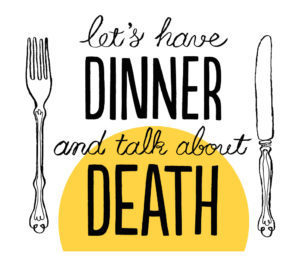
Death Over Dinner
Death Over Dinner was originally designed in the U.S. by Michael Hebb and Angel Grant to encourage people to have conversations about end of...
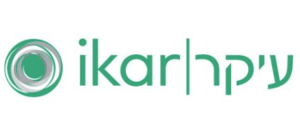
IKAR
IKAR launched in 2004 in an effort to reclaim the vitality and relevance of Jewish religious practice and reimagine the contours of Jewish community. IKAR is seen as a positive and proactive response to shifting trends in affiliation and communal engagement...
Partner With Us
Partner with Us and Create Dinners with Your Community
For those looking to engage larger groups and activate a community-wide transformation, we invite you to sign up as a Community Partner to access our DIY toolkit where you’ll find best practices and programming suggestions. We have beautiful, expertly-created Conversation Cards to frame your event and get you started!
Death Over Dinner-Jewish Edition has already partnered with fifteen unique organizations and communities to use this platform to engage in discussions around the way we die – end of life decisions, death rituals, what happens after we die, the most important conversation Americans are not having. We’re excited to share this program and our resources with your community!
Death Over Dinner- Jewish Edition is a meaningful program for any organization:
- Moishe House
- Synagogue
- Hillel
- Jewish community center
- And other diverse institutions
Sign up using the form to access our digital tools today!
Questions? Contact us at partners@rebooters.net

